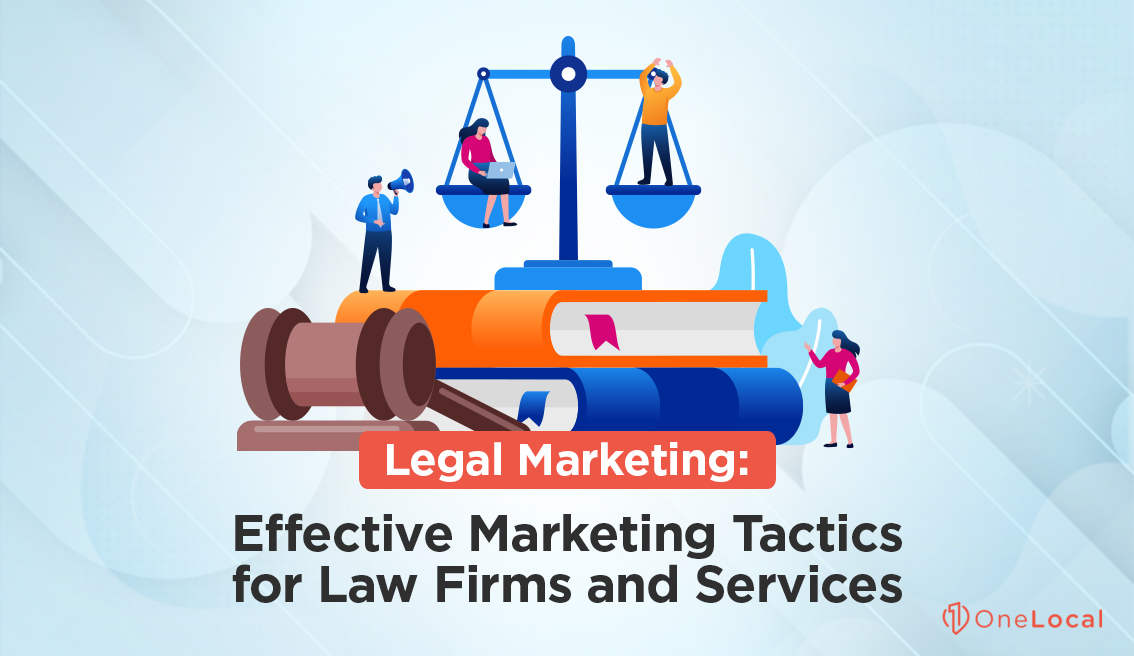In today’s fast-paced digital world, email marketing remains a cornerstone of effective business communication. However, managing email campaigns manually can be time-consuming and inefficient. That’s where email marketing automation software comes into play. By automating your email marketing efforts, you can save time, increase efficiency, and improve engagement with your audience. But with so many options available, how do you choose the right software for your business? This guide will walk you through the essential factors to consider when selecting email marketing automation software.
- Define Your Business Needs
Before diving into the sea of available software, it’s crucial to understand your specific needs and goals. Consider the following questions:
- What are your marketing objectives? Are you focusing on lead generation, customer retention, or product promotion?
- How large is your email list? The size of your list can impact your choice, as some software is better suited for small businesses while others handle large volumes more effectively.
- What features are essential for your business? Do you need advanced segmentation, personalized email templates, or comprehensive analytics?
Having a clear understanding of your needs will help you narrow down your options and choose software that aligns with your goals.
- Assess the Key Features
Different email marketing automation platforms offer various features. Here are some key features to look for:
- Automation Capabilities
Automation is at the heart of email marketing software. Look for features such as:
- Autoresponders: Automatically send a series of emails based on user actions or time intervals.
- Drip Campaigns: Create a sequence of emails that are sent out over a period to nurture leads.
- Behavioral Triggers: Send emails based on user actions like website visits, abandoned carts, or email opens.
- Segmentation and Targeting
Effective segmentation allows you to send personalized and relevant content to different segments of your audience. Features to consider include:
- List Segmentation: Group contacts based on demographics, behavior, or engagement.
- Dynamic Content: Customize email content based on user data and preferences.
- Advanced Targeting: Use data to target specific groups with tailored messages.
- Template and Design Options
A variety of email templates and design tools can enhance your campaigns. Look for:
- Drag-and-Drop Editor: Easily create and customize emails without coding.
- Responsive Templates: Ensure your emails look good on all devices.
- Design Flexibility: Access to pre-designed templates or the ability to create your own.
- Analytics and Reporting
Data-driven decisions are key to successful email marketing. Choose software that provides:
- Open and Click-Through Rates: Track engagement with your emails.
- Conversion Tracking: Measure how emails contribute to sales or other goals.
- A/B Testing: Test different versions of your emails to optimize performance.
- Evaluate Integration Capabilities
Email marketing automation software often needs to integrate with other tools in your tech stack. Consider:
- CRM Integration: Connect with your customer relationship management system to synchronize contact data and improve personalization.
- E-commerce Integration: Integrate with your e-commerce platform for features like abandoned cart emails and purchase follow-ups.
- Social Media Integration: Sync with social media platforms for a cohesive marketing strategy.
- Consider Ease of Use
An intuitive and user-friendly interface can significantly impact your productivity. Look for:
- User Interface: A clean, easy-to-navigate dashboard.
- Learning Curve: Assess how quickly you can get up to speed with the software.
- Customer Support: Access to support resources like tutorials, forums, or live chat.
- Review Pricing and Scalability
Pricing models vary among email marketing software providers. Consider:
- Pricing Structure: Understand if the pricing is based on the number of contacts, emails sent, or features used.
- Free Trials: Take advantage of free trials to test the software before committing.
- Scalability: Ensure the software can grow with your business, accommodating an increasing number of contacts or advanced features as needed.
- Analyze Security and Compliance
Email marketing involves handling sensitive data. Ensure the software adheres to security and compliance standards:
- Data Security: Look for encryption and other security measures to protect your data.
- GDPR Compliance: Ensure the software complies with data protection regulations, especially if you operate in or serve customers in Europe.
- CAN-SPAM Compliance: The software should help you adhere to anti-spam laws, including options for easy unsubscribe.
- Read Reviews and Testimonials
Before making a final decision, research the software’s reputation. Look for:
- Customer Reviews: Read reviews on independent sites to gauge user satisfaction and potential issues.
- Case Studies: Check for success stories or case studies relevant to your industry.
- Industry Recognition: See if the software has received awards or accolades from industry experts.
- Compare Top Email Marketing Automation Software
To give you a head start, here’s a brief overview of some popular email marketing automation platforms:
- Mailchimp
- Strengths: User-friendly interface, extensive template library, and strong analytics.
- Best For: Small to medium-sized businesses looking for a cost-effective solution with a range of features.
- HubSpot
- Strengths: Comprehensive CRM integration, advanced automation features, and robust reporting.
- Best For: Businesses seeking an all-in-one marketing solution with advanced features and scalability.
- ActiveCampaign
- Strengths: Advanced automation capabilities, excellent segmentation, and strong customer support.
- Best For: Businesses needing complex automation and segmentation features with strong support.
- GetResponse
- Strengths: Versatile features including landing pages, webinars, and advanced analytics.
- Best For: Businesses looking for a multi-functional platform that goes beyond email marketing.
Conclusion
Choosing the right email marketing automation software can significantly impact the efficiency and effectiveness of your marketing efforts. By defining your business needs, evaluating key features, considering integration capabilities, assessing ease of use, reviewing pricing and scalability, analyzing security, and reading reviews, you can make an informed decision that aligns with your business goals.
Investing time in selecting the right tool will pay off in the long run, helping you create personalized, automated email campaigns that drive engagement, nurture leads, and ultimately contribute to your business’s success.
